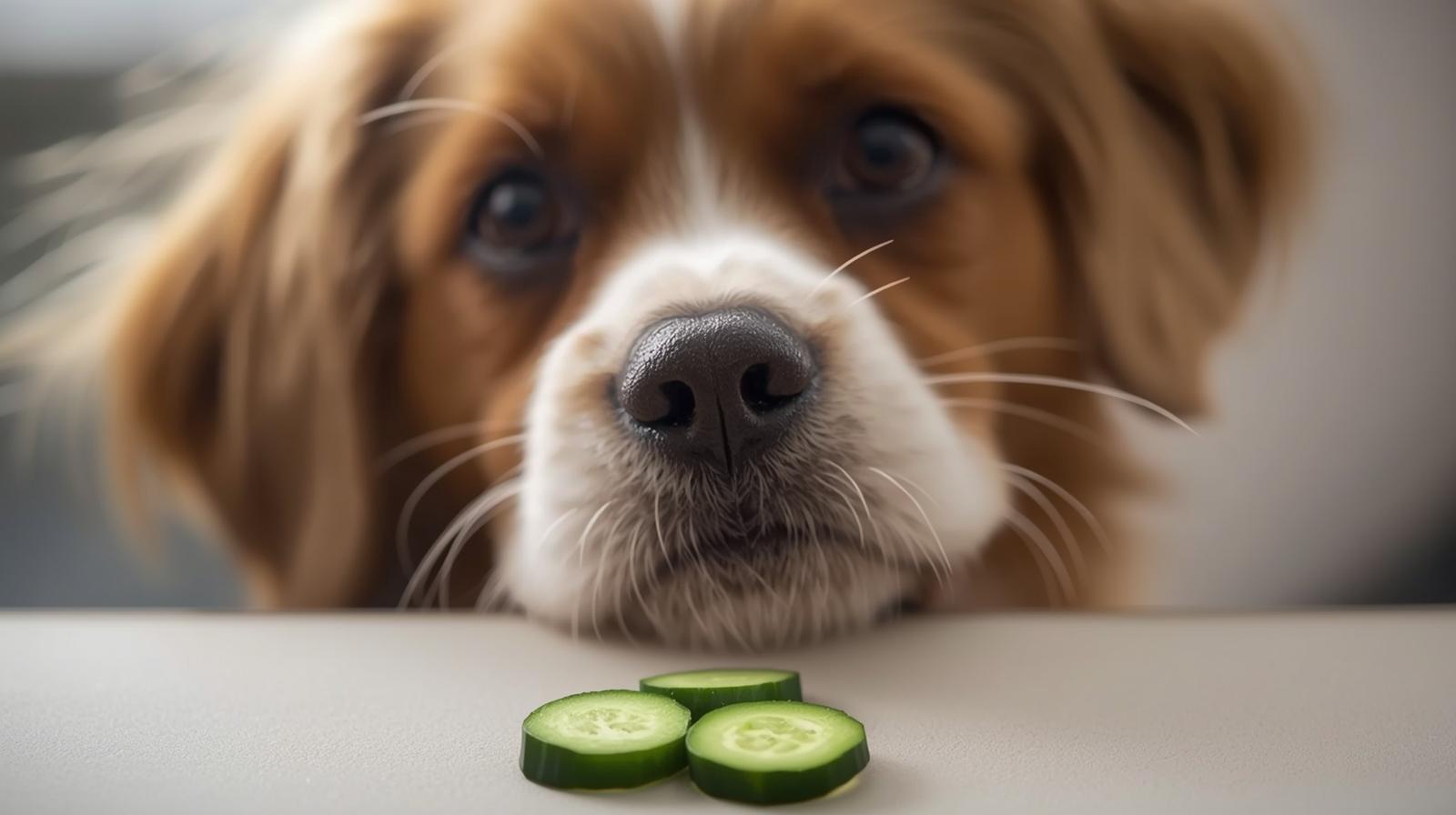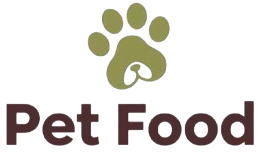If you’ve ever crunched on a cool cucumber and noticed your dog staring at you with those pleading eyes, you’ve probably wondered, can dog eat cucumber? The good news is that yes, cucumbers are generally safe for dogs when fed in moderation. They’re low in calories, rich in water, and packed with vitamins. However, like any food, cucumbers should be introduced properly to ensure they don’t cause digestive upset. In this article, we’ll dive deep into the benefits, side effects, serving methods, and expert tips to help you decide whether cucumbers should be a regular part of your dog’s diet.
Detailed Benefits of Feeding Cucumber to Dogs
When asking can dog eat cucumber, the first thing to consider is its nutritional value. Cucumbers are full of vitamins, minerals, and water that provide several health benefits for dogs. Let’s break down the main advantages.
Supports Hydration and Cooling
Cucumbers are made up of about 95% water, making them an ideal hydrating treat, especially in summer. Feeding cucumber helps dogs stay cool and replenished after walks or playtime, particularly in hot weather.
Aids in Weight Management
For dogs struggling with obesity or weight control, cucumbers are a perfect low-calorie snack. They offer a satisfying crunch without fats or sugars, helping your dog feel full between meals without adding extra calories.
Promotes Healthy Digestion
The mild fiber in cucumbers supports healthy digestion and regular bowel movements. It helps prevent constipation while keeping your dog’s digestive system balanced and functioning smoothly.
Strengthens Immunity
Cucumbers contain vitamin C, an antioxidant that boosts your dog’s immune system and helps protect cells from damage. This supports overall health and resilience against common illnesses.
Improves Dental Health
The crunchy texture of cucumbers helps reduce plaque buildup and freshens your dog’s breath naturally. Chewing on fresh cucumber slices can promote better oral hygiene in between regular brushings.
Detailed Side Effects of Feeding Cucumber to Dogs
While cucumbers are safe for most dogs, it’s equally important to understand their potential risks. Asking can dog eat cucumber safely means knowing what could go wrong if fed incorrectly or excessively.
Choking Hazards
Large or thick cucumber pieces can cause choking, especially in small dogs. Always slice cucumbers into bite-sized portions to prevent this danger and ensure your dog can chew comfortably.
Digestive Upset
Overfeeding cucumbers can lead to stomach issues such as gas, bloating, or diarrhea. Start small and gradually increase portions while observing your dog’s reaction to the new food.
Allergic Reactions
Although rare, some dogs may have mild allergies to cucumbers. Watch for symptoms like itching, vomiting, or unusual drooling. If these appear, stop feeding and consult your veterinarian.
Pesticides and Wax Residues
Store-bought cucumbers often have pesticide or wax coatings that can irritate your dog’s stomach. Always wash cucumbers thoroughly or peel them before serving to keep your pet safe.
Avoid Pickled or Seasoned Cucumbers
Pickled cucumbers may contain salt, vinegar, and spices such as garlic or onion, which are toxic to dogs. Only feed fresh, plain cucumbers to avoid any health risks.
Way of Serving Cucumbers to Dogs
Feeding cucumbers the right way is just as important as knowing the benefits. When thinking can dog eat cucumber safely, the answer depends on how it’s prepared and served.
Serve Fresh and Plain
Always serve cucumbers raw and unseasoned. Avoid adding salt, spices, or dips. Fresh cucumbers provide the most nutritional value and are easiest on your dog’s digestive system.
Slice into Small Pieces
To avoid choking, cut cucumbers into small, thin slices or chunks appropriate for your dog’s size. Smaller breeds should get thin rounds, while larger dogs can handle thicker pieces.
Try Frozen Cucumber Treats
For a cooling summer treat, freeze cucumber slices or small chunks. Frozen cucumbers are especially soothing for teething puppies or dogs who enjoy crunchy snacks.
Mix with Regular Food
You can mix grated or diced cucumber with your dog’s regular kibble or wet food. This adds hydration and variety without significantly changing the taste of their meal.
Introduce Gradually
When introducing cucumber for the first time, start with one or two small pieces. Observe your dog for 24 hours. If no stomach upset occurs, you can make it a regular snack in moderation.
FAQs About Can Dog Eat Cucumber
1. Can dog eat cucumber with skin?
Yes, but it’s best to wash the skin thoroughly or peel it to remove any wax or pesticide residue. Peeled cucumbers are gentler on sensitive stomachs.
2. Can puppies eat cucumber?
Yes, puppies can eat cucumber in very small pieces. Frozen cucumber slices can also help relieve teething discomfort while keeping them hydrated.
3. Can dog eat cucumber every day?
Yes, but only in moderation. Daily feeding is fine as long as cucumbers make up less than 10% of your dog’s total diet.
4. What happens if my dog eats too much cucumber?
Eating too much cucumber may cause mild diarrhea, gas, or bloating. In such cases, reduce the portion and offer water to help digestion.
5. Are pickled cucumbers safe for dogs?
No, pickled cucumbers contain vinegar, salt, and spices that are toxic to dogs. Stick to plain, fresh cucumber slices only.
Conclusion
So, can dog eat cucumber? Absolutely yes when served correctly and in moderation. Cucumbers are one of the safest, healthiest, and most refreshing snacks you can share with your pet. They offer hydration, essential vitamins, and a satisfying crunch that benefits digestion, immunity, and dental health.
However, moderation is the key. Overfeeding or serving cucumbers with peel, salt, or seasonings can lead to unwanted side effects. Always wash or peel the cucumber, cut it into safe sizes, and observe how your dog reacts before making it a regular treat. Avoid pickles and flavored varieties entirely, as these can harm your dog’s digestive system.
By following these simple yet important feeding practices, you can make cucumbers a fun, nutritious, and safe part of your dog’s diet. Your furry friend will not only enjoy the fresh crunch but also reap the health benefits that come with it.


